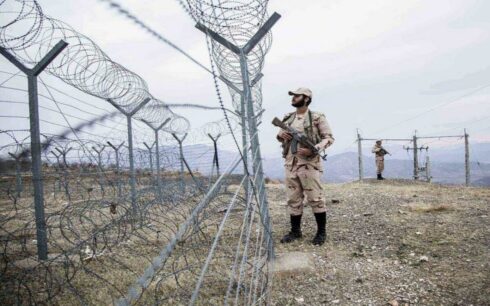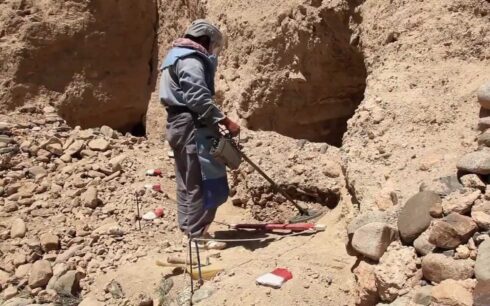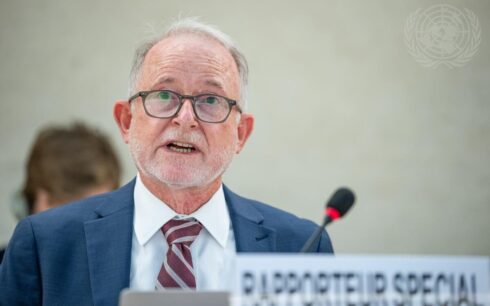Nearly a week following a series of devastating earthquakes and aftershocks that struck Afghanistan’s western Herat province, a significant number of Herat city’s residents continue to reside in tents, braving the elements as they harbor fears of additional seismic activity.
Local resident Barat Ali, speaking to Reuters on Thursday, revealed that he and his family have been living in a makeshift tent for the past five to six days. He expressed concerns over the structural integrity of his residence, citing it as inadequate to withstand another earthquake.
“We have been staying here (on the road) for the last five or six days since the first quake struck because our homes are not strong enough, so we came out living here for fear of more quakes,” Ali stated.
For residents like Bibi Deeba, the earthquakes have instilled a sense of vulnerability, particularly for those with special needs. “I’m a heart patient, and I am very afraid of the earthquake. When the earthquake happened, I fell to the ground, and they (family members) dragged me here. We are four families living together. I am a widow and I have a disabled son. We have many problems,” she shared, underscoring the dire circumstances faced by many in Herat.
These seismic events, striking the western province of Herat on both Saturday and Wednesday, have wrought devastation upon entire villages in Afghanistan. The country, long reliant on foreign aid, has faced a drying up of such support since the Taliban assumed control in 2021.
The official figures regarding the death toll have been somewhat conflicting. Afghanistan’s Taliban-led government, through the disaster management ministry, reported over 2,400 fatalities, while the health ministry confirmed just over 1,000 deaths.
In a separate account, the United Nations’ humanitarian office on Tuesday placed the death toll at 1,294, focusing on casualties within a single district.
As the affected regions grapple with the aftermath of the earthquakes, aid agencies have launched fresh appeals for financial assistance to address the growing humanitarian crisis. Local authorities, recognizing the urgent need for support, have called for immediate aid to assist the thousands of displaced and homeless individuals in the wake of the tremors.





